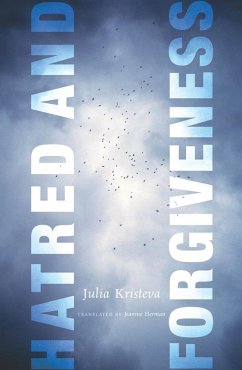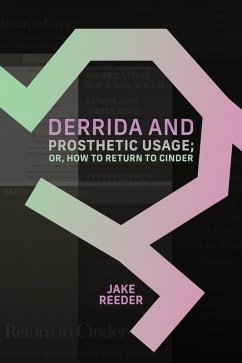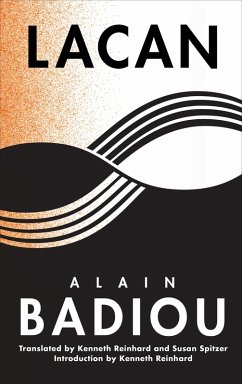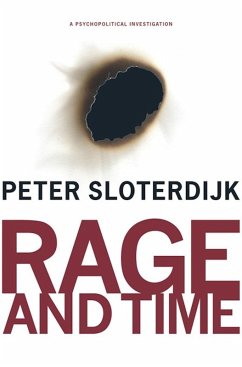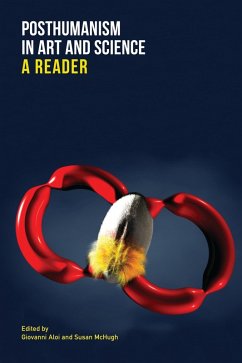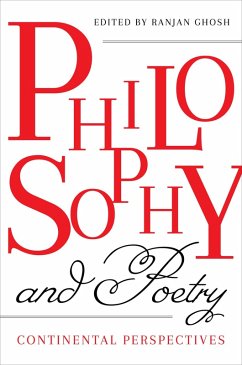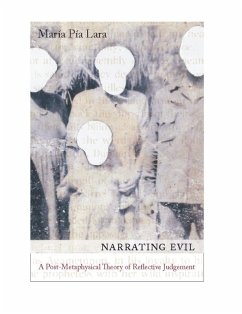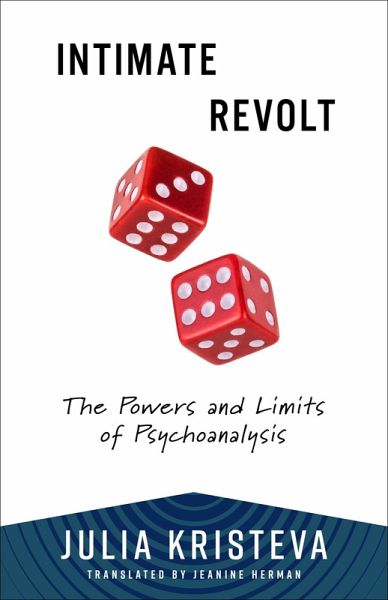
Intimate Revolt (eBook, ePUB)
The Powers and Limits of Psychoanalysis

PAYBACK Punkte
6 °P sammeln!
Julia Kristeva, herself a product of the famous May 1968 Paris student uprising, has long been fascinated by the concepts of rebellion and revolution. But is it still possible to build and nurture a culture of revolt in today's world? In this book, Kristeva examines the manner in which three of the most unsettling modern writers-Louis Aragon, Jean-Paul Sartre, and Roland Barthes-affirmed their personal rebellions. She then ponders the future of rebellion, maintaining not only that political revolt is mired in compromise but also that an essential component of European culture-a culture of doub...
Julia Kristeva, herself a product of the famous May 1968 Paris student uprising, has long been fascinated by the concepts of rebellion and revolution. But is it still possible to build and nurture a culture of revolt in today's world? In this book, Kristeva examines the manner in which three of the most unsettling modern writers-Louis Aragon, Jean-Paul Sartre, and Roland Barthes-affirmed their personal rebellions. She then ponders the future of rebellion, maintaining not only that political revolt is mired in compromise but also that an essential component of European culture-a culture of doubt and criticism-is losing its moral and aesthetic force.
Dieser Download kann aus rechtlichen Gründen nur mit Rechnungsadresse in A, D ausgeliefert werden.




